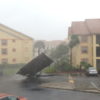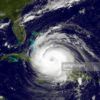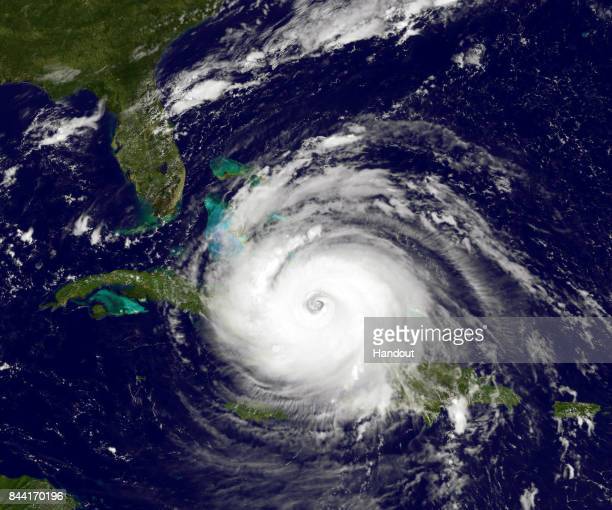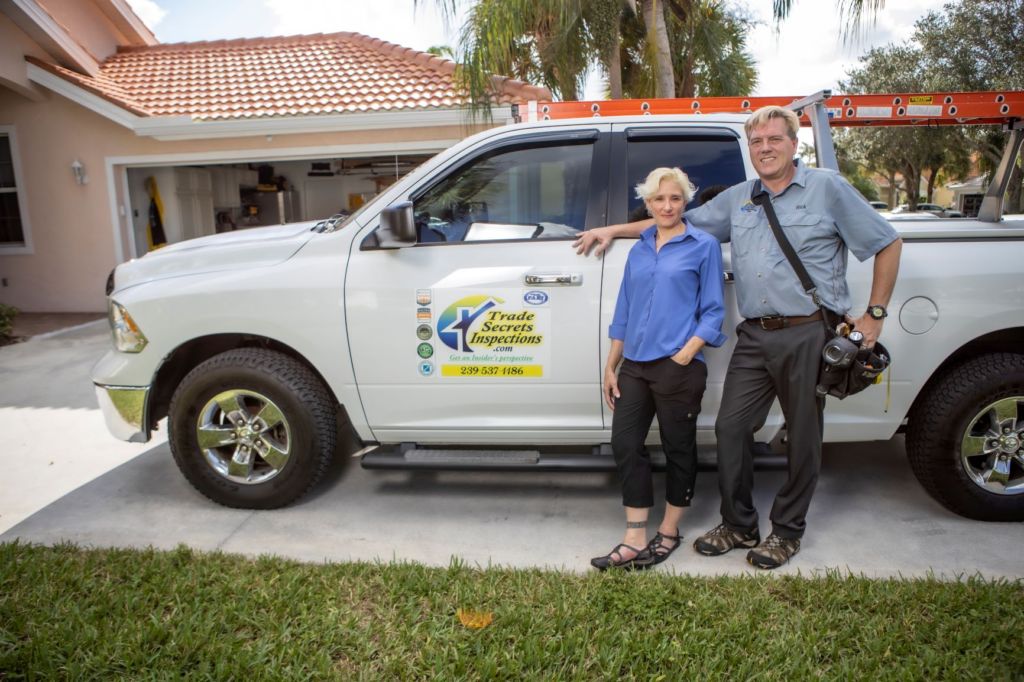Hurricane Season Is Around The Corner, Are Your Vehicles Ready Too?
Hurricane Prep Tips for your Car, Boat or RV
Tips to make sure your car is hurricane-ready
With most of your focus on your family and home, you may not think much about your car during a hurricane. But, it may just be your key to safety if you need to evacuate. Don’t forget to speak to your agent, as well, with any concerns or questions you may have.
Make sure your car is ready and that you understand how to drive in severe conditions.
Well in advance:
- Prepare an evacuation route.
- Store emergency supplies in your trunk. The basics include a first aid kit, bottled water, non-perishable foods, and prescription medications. Here are a few additional suggestions.
If a storm is forecast:
- Get a full tank of gas. Fuel may be in short supply after the storm.
- Make sure the windshield wipers are in good shape, and the tires (including your spare) are properly inflated.
- Place your auto and home insurance documents, vehicle registration, title, and other important documents in a waterproof bag and keep them with you.
- Charge your cell phone and plan to bring it if you evacuate.
- If you expect to leave your car behind, be sure it’s not in a flood-prone area. Rising water can seep in and damage your vehicle.
- If you’re instructed to evacuate, do so immediately.
If you’re ordered to evacuate or are returning home after an evacuation:
- Avoid driving through deep water. The average car can be swept off the road by as little as 12″ of moving water. Just try to find an alternate route.
- If your vehicle stalls in water, you may need to restart the engine to make it to safety. But, be aware that restarting may severely damage your engine.
- If you can’t restart your car and you become trapped in rising water, immediately abandon it for higher ground. If you’re unable to get out safely, call 911 or get help from a passerby or someone standing on higher ground.
- After you and your vehicle are out of deep water and in a safe area, depress your brakes slowly several times to help them dry.
Tips to make sure your boat is hurricane-ready
Know how to protect your boat if a hurricane or other severe weather event is approaching. These tips were developed with help from the U.S. Coast Guard and Federal Emergency Management Administration. Ultimately, the best way to protect your vessel is to remove it from the water, and all other measures are supplemental in the event this can’t be done.
Whether your boat is docked, anchored, or in dry storage:
- Have a storm strategy and implement it well before the hurricane hits.
- Remove non-secure items, electronics and excess gear.
- Remove important documents and valuables.
- Make sure openings are watertight, and remove or stow non-essential canvas.
- Ensure that all self-bailing thru hull fittings are clear of debris.
- Check that batteries are fully charged and that automatic bilge pump switches are operational.
If your boat is docked:
- Double-up on chafe protection.
- Double all lines, attaching them high on pilings to allow for a storm surge. The longer the dock lines, the better a boat will move with high and rough tides.
If your boat is anchored:
- Do not tie it parallel to the shore.
- Leave plenty of room between your boat and other boats.
- Be sure to use enough line to allow for a storm surge.
- Clear all self-baling cockpit drains.
- Consider using several anchors.
If your boat is in dry storage:
- Place it in an area higher than the expected storm surge.
- Lash it to its cradle with heavy lines and consider adding water to the bilge to help hold it down. Never leave your boat on davits or on a hydro-lift.
- If your boat is on a trailer, take some air out of the tires and secure the wheels with blocks between the frame and the axles.
- Make sure all drains are free from debris and drain plugs are removed.
With any of these scenarios, if you’re out of town, ask a friend or relative with access to your boat to help. Sure, you’ll “owe him,” but that favor could help prevent some very expensive damage.
Of course, the most important thing to remember is to protect yourself. Never put yourself in danger while trying to protect your boat.
Tips to make sure your RV is hurricane-ready
Your RV can help you and your family evacuate an area, and serve as a cost-effective, temporary living space if your home isn’t livable due to storm damage.
Here are a few tips to make sure your RV is hurricane-ready.
Well in advance:
- Prepare an evacuation route.
- Store emergency supplies in your RV. The basics include a first aid kit, bottled water, non-perishable foods, and prescription medications. Here are a few additional suggestions.
- Perform a thorough safety check. If you use gas-powered lanterns or cook stoves, be sure to have battery-operated fire alarms and carbon monoxide detectors. If you use an electric generator, install a transfer switch to prevent shocks.
If a storm is in the forecast:
- Get a full tank of gas. Fuel may be in short supply after the storm.
- Make sure the windshield wipers are in good shape, and the tires (including the spare) are properly inflated.
- Pack sleeping bags and bedding in plastic to protect them from moisture.
- Place your auto and home insurance documents, vehicle registration, title, and other important documents in a waterproof bag and keep them with you.
- Charge your cell phone and plan to bring it if you evacuate.
- Empty the holding tanks, turn off the propane cylinders, and cover the regulator.
- If you have a travel trailer, tie it down and make sure it’s secure.
- If you expect to leave your RV behind, make sure it’s not in a flood-prone area. Rising water can seep in and damage upholstery, carpeting and electrical systems.
- If you’re instructed to evacuate, do so immediately.
Driving:
- Don’t drive during a hurricane. RVs are particularly vulnerable to heavy winds and rain because of their size and high center of gravity.
- If you have no alternative than to drive through standing water, do it slowly and steadily. If your RV stalls, you may need to restart the engine to make it to safety. But, be aware that restarting may severely damage your engine.
- If you can’t restart your RV and become trapped in rising water immediately abandon the vehicle for higher ground. If you’re unable to get out safely, call 911 or get help from a passerby or someone standing on higher ground.
Again, reach out to a local agent, or us. We can help answer your questions and direct you to a resource.
Stay Safe out there!
Rick
239-537-1186
Hurricane Season Is Around The Corner, Are Your Vehicles Ready Too? Read More »





